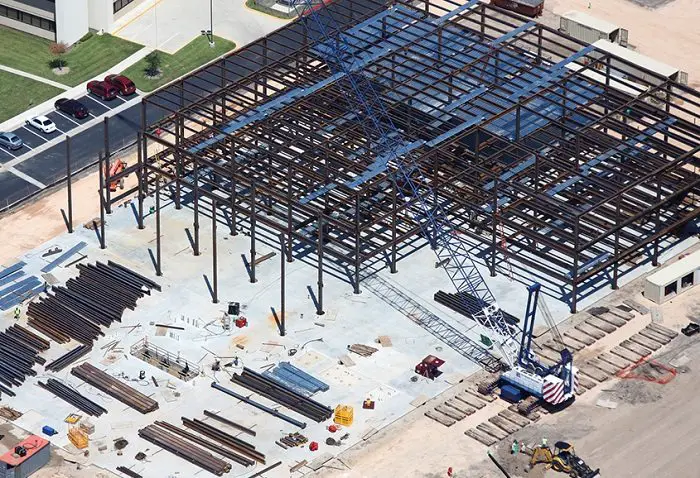A recent report by Trimetric has revealed that the construction industry in Nigeria is expected to expand greatly from 2016 to 2020 with its output value increasing at a compound annual growth rate (CAGR) of 9.49%.
This exponential growth in the construction industry in Nigeria is expected to be driven by the infrastructure development investments, housing projects, manufacturing plants, healthcare and education facilities.
Under the nation’s Vision 2020, Nigerian authorities have plans to develop the country’s rail and other related infrastructure. Other transport modes such as airport and roads will as well be covered under the same programme with expectations of impacting the construction sector growth.
The government has already announced the country’s rail network expansion project in order to boost the country’s economic development as well as promoting the nation’s activities. The expansion plans will be part of the 25-year Strategic Rail Vision programme.
Nigerian authorities have already signed an agreement with the China Railway Construction Corporation (CRCC) to collaborate on rail rehabilitation project in the country. The CRCC has agreed to inject US$13.1bn to carter for Nigeria’s rail project.
According to the National Integrated Infrastructure Master Plan (NIIMP) 2043, the government has plans to establish superior infrastructure in the country at equivalence with the global standards. The construction industry growth is predicted to boost Nigeria’s economic prosperity as well as sustainable development.
The nation’s authorities are optimistic in carrying out their plan in order to attain the eyed development targets through the means of adopting the Public-Private Partnership (PPP) model. Additionally, other sectors included in the development plan are renewable energy, manufacturing industry and the housing sector which are expected to influence growth in the nation’s construction sector.
In 2014, the Nigerian economy was declared the largest African economy. The declaration followed due to the country re-basing its GDP from 1990 to 2010 that resulted to an increament of 89% in the estimated size of the economy surpassing South Africa.

Leave a Reply